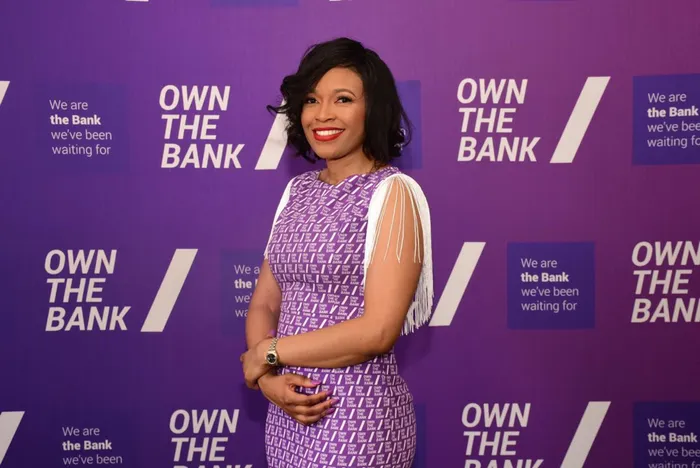Reserve Bank probes Nthabeleng Likotsi over alleged false information in bank application
UNDER PROBE

The South African Reserve Bank has launched an investigation into Nthabeleng Likotsi and her bank, YWBN Mutual Bank.
Image: IOL / Independent Newspapers
The South African Reserve Bank has launched an investigation into Nthabeleng Likotsi and her bank, YWBN Mutual Bank, over claims that she may have provided false or misleading information during the bank’s application process.
The move follows a major fallout with investment firm AFRIBIZ Financial Services, and could lead to serious legal consequences for Likotsi.
At the centre of the controversy is a failed R9 million deal between AFRIBIZ and YWBN. AFRIBIZ says it paid this amount for a 26% stake in the mutual bank. But after the bank allegedly failed to meet key regulatory requirements, the promised shares were not issued.
Instead of receiving their 26% shareholding, AFRIBIZ claims it was offered just 2% as part of a "full and final settlement" — an offer the company immediately rejected.
“They sold us shares. We paid. Now we want what we paid for,” said a source close to AFRIBIZ’s legal team. “Returning the money is not good enough. That was never part of the agreement.”The Reserve Bank is now reviewing whether Likotsi or anyone at YWBN knowingly gave misleading or untrue information as part of their application to register the bank. Under the Mutual Banks Act, it is a criminal offence to do so.
Legal experts say the situation is serious.
Advocate Mandla Tshabalala, a corporate law specialist, explained: “When someone pays for shares and you offer a refund instead, it sends the message that either the shares don’t exist, or you never intended to follow through.”AFRIBIZ has made it clear they are not backing down.
They insist that the R9 million payment was labelled as “non-refundable” and was meant to secure actual shares, not a promise or future negotiation.“This is not just about a disagreement,” said one banking insider. “It raises questions about trust, transparency, and whether proper processes were followed from the beginning.”
This is not the first time YWBN has faced trouble. In 2021, the Companies and Intellectual Property Commission Tribunal ruled that YWBN had failed to follow rules under the Co-operatives Act and ordered the return of funds to investors.
For Likotsi, the situation is especially damaging. Just a few years ago, she made headlines as the first black woman to start a mutual bank in South Africa — a historic and inspiring achievement. But now, that legacy is under threat.“She started on the wrong foot,” said a senior banking executive.
“This was a chance to prove that new leadership could work in the sector. But instead, we’re seeing delays and avoidance.”
Likotsi, however, has defended her actions. She says YWBN made the offer to AFRIBIZ in good faith, trying to resolve issues that arose after regulatory compliance problems. She insists the door remains open for future collaboration. Still, critics argue the damage has already been done.
The Reserve Bank’s investigation could take time, but its outcome may have lasting effects not only on Likotsi’s future but on the image of mutual banking in South Africa. With AFRIBIZ considering legal action and investor trust shaken, YWBN faces an uphill battle to restore credibility.
As the inquiry continues and public scrutiny intensifies, what once seemed like a bold step forward for financial inclusion now hangs in the balance.